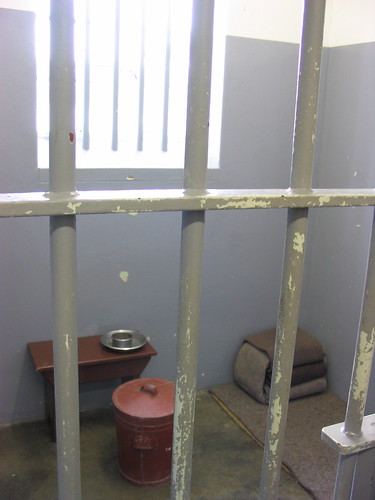
As the weather gets warmer I begin to think more and more about South Africa. I had been following Paul Verryn's story since we returned but that was the small connection that remained for me with South Africa until now. Somehow the feeling of the sun on my neck and a breeze at my back made me want to become reacquainted with a country that I had known for three weeks in January. Many of the people on this trip found an immense connection with Cape Town. It was a warm destination with a jovial disposition, but Johannesburg has left its mark on me. The city reminded me of one similar to that in Ellison's Invisible Man, in the sense that I sadly did not get a chance to know people better than face value. Watching the metropolis pass by in our bus and being gawked at like an exhibition as I ignorantly stared back, I hoped that we might cross that barrier. Paul Verryn recently was released from his suspension, and is once again bridging the gap between two worlds, South Africans, and the African Immigrant community that now floods Johannesburg streets. I admire that man and his modern day activism, and one thing I regret from this trip is not getting out there getting my hands dirty and working with those people that passed by our bus. It is not enough just to observe, but to do and to be Johannesburg is an admirable intrepid pursuit. On my next trip I will not just be a fish in a bowl observing, or a caged bird trapped behind the walls of suburbia, but rather an idealistic with my eyes pealed for those invisible men and women who walk the streets of Johannesburg. Jo'burg is ripe with realism and its streets were and are still soaked with blood bled for freedom. Johannesburg is where the battle was and is, where children facing rubber bullets and tear gas, marched for books and their own right to language, where a neighborhood had enough strength in activism to power a nation, and one block held the houses of three Nobel peace prize winners. To Quote Patrick Pearce; "Beware of the Risen people, ye you have harried and held, ye you have bullied and bribed." Out of Soweto is where they rose, and I want to rise with them. For all the beauty Capetown held, Jo'Burg freed a people , and it was a pleasure to be in her presence.
-Sam








